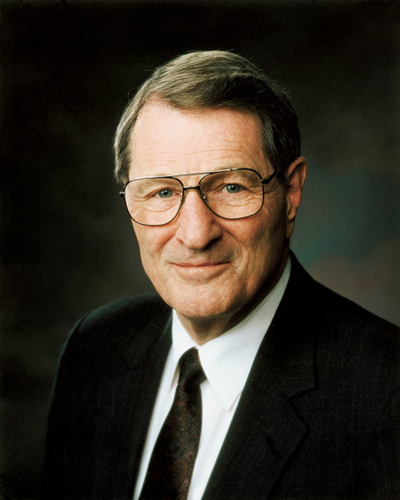Desire
SEARCH BY TITLE
 “According to the Desire of [Our] Hearts”
“According to the Desire of [Our] Hearts”
Exemplifying this happy reality are the doctrinal teachings concerning desire, which relates so directly to our moral agency and our individuality. Whether in their conception or expression, our desires profoundly affect the use of our moral agency. Desires thus become real determinants, even when, with pitiful naivete, we do not really want the consequences of our desires. Desire denotes a real longing or craving. Hence righteous desires are much more than passive preferences or fleeting feelings. Of course our genes, circumstances, and environments matter very much, and they shape us significantly. Yet there remains an inner zone in which we are sovereign, unless we abdicate. In this zone lies the essence of our individuality and our personal accountability. Therefore, what we insistently desire, over time, is what we will eventually become and what we will receive in eternity. “For I [said the Lord] will judge all men according to their works, according to the desire of their hearts”. Alma said, “I know that [God] granteth unto men according to their desire, … I know that he allotteth unto men … according to their wills” To reach this equitable end, God’s canopy of mercy is stretched out, including “all that shall die henceforth without a knowledge of [the gospel], who would have received it with all their hearts, shall be heirs of that kingdom; “For I, the Lord, will judge all men according to their works, according to the desire of their hearts” God thus takes into merciful account not only our desires and our performance, but also the degrees of difficulty which our varied circumstances impose upon us. No wonder we will not complain at the final judgment, especially since even the telestial kingdom’s glory “surpasses all understanding”. God delights in blessing us, especially when we realize “joy in that which [we] have desired”.
